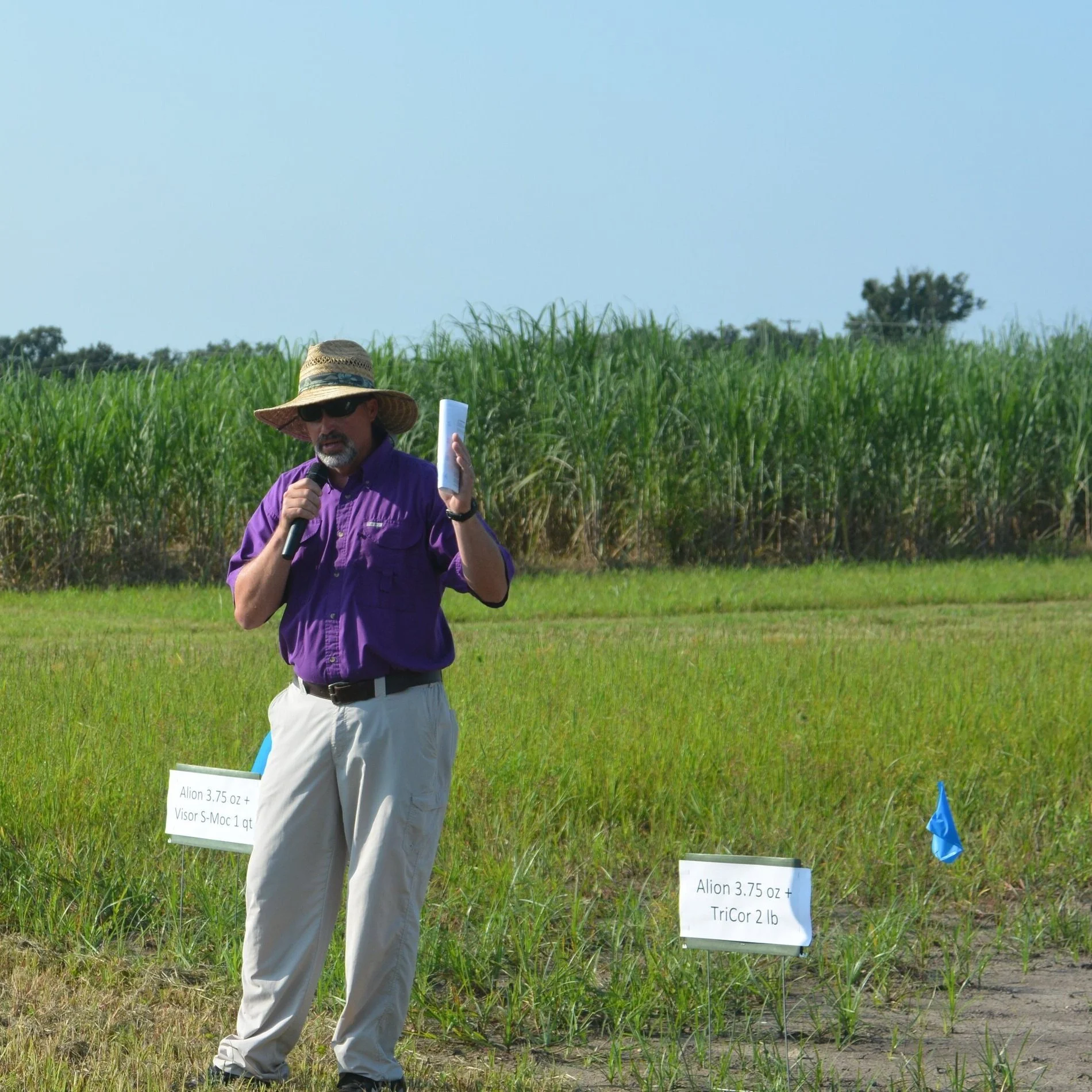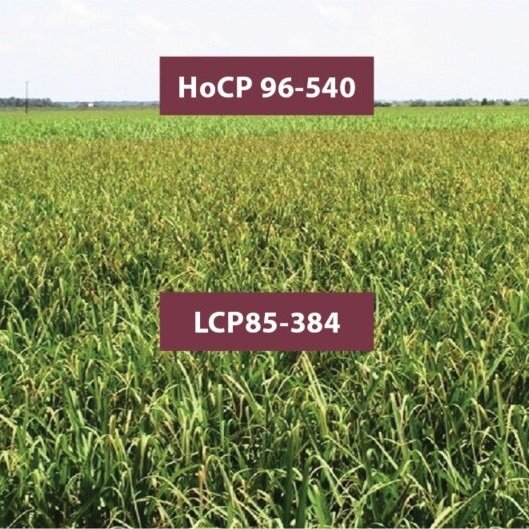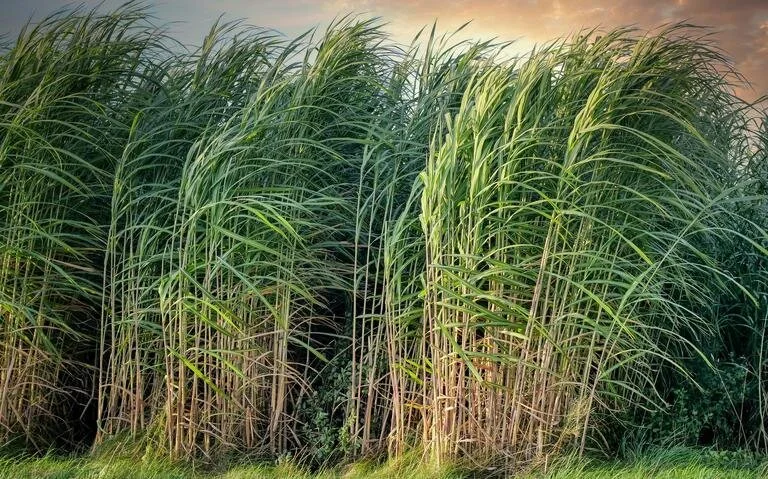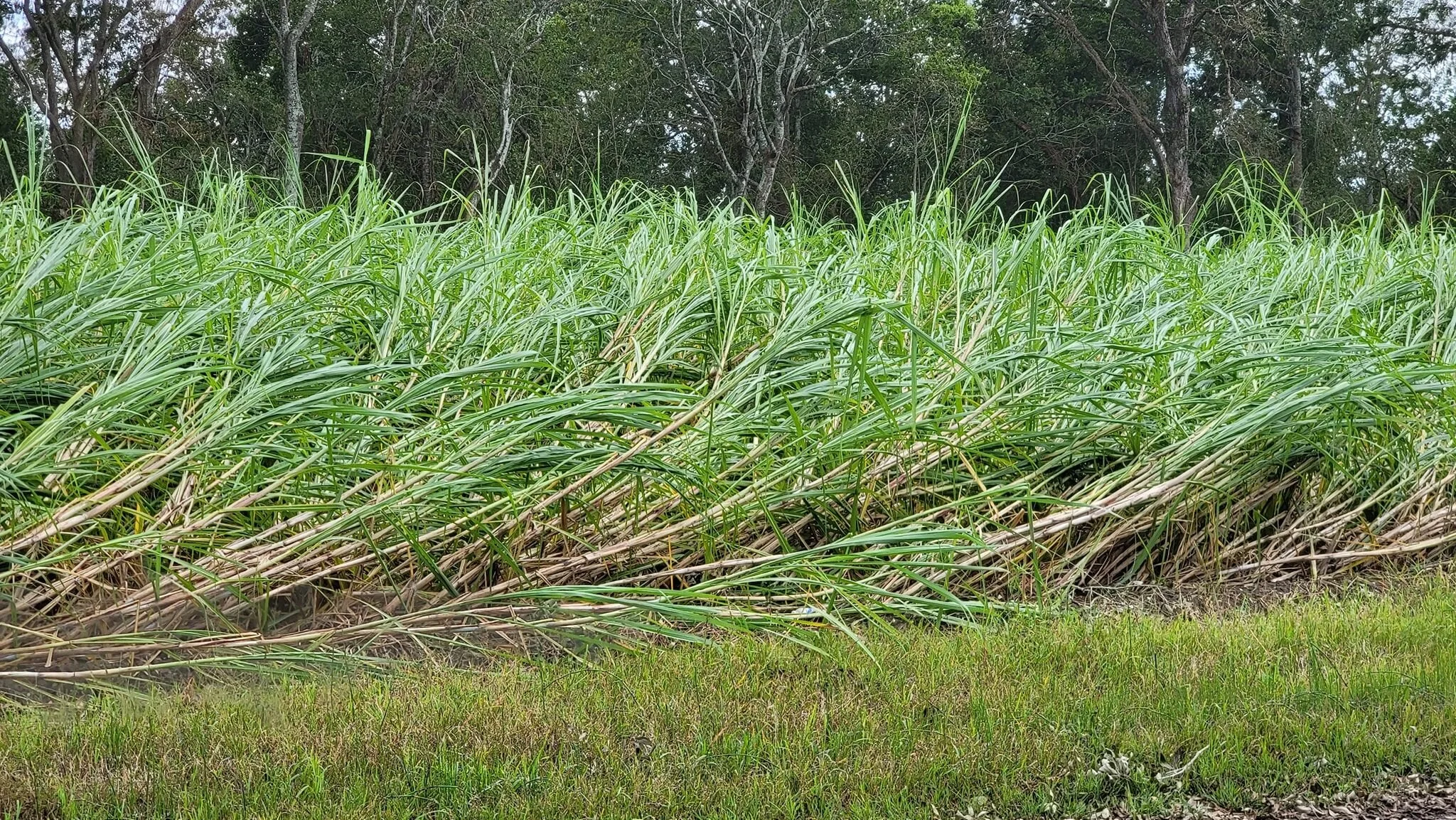Sugarcane Field Day To Spotlight Research On Nutrient Runoff
The LSU AgCenter will host a Sugarcane Field Day on Oct. 20 at Keith Dugas Farm in Assumption Parish.
The forum is supported by the Patrick F. Taylor Foundation and Natural Resource Conservation Service. The Foundation awarded a grant to the LSU AgCenter to fund a four-year research and demonstration project on reducing nutrient runoff from crop fields.
Read More
USDA Assists Farmers, Ranchers, and Communities Affected by Hurricane Ida
Agriculture Secretary Tom Vilsack has directed the U.S. Department of Agriculture (USDA) to aid recovery efforts for farmers, ranchers and residents affected by Hurricane Ida. USDA staff in offices across the country are ready to respond with a variety of program flexibilities and other assistance to producers and communities in need.
Read More
Requirement to Purchase Buy-up Sugarcane Crop Insurance by Sept. 30, 2021
In February 2021, after sugarcane was made eligible for the USDA- Quality Loss Adjustment (QLA) program, many Louisiana sugarcane farmers applied for Quality Loss Adjustment (QLA) payments for the 2018 and/or the 2019 crop year(s) with many Louisiana sugarcane producers receiving Quality Loss Adjustment (QLA) payments for one or both crop year(s).
Read More
Sugarcane Variety Development In Louisiana: Past, Present & Future
Sugarcane is a tall perennial grass of tropical origin that is cultivated for its ability to store sucrose in its stalks. Attempts to grow sugarcane in Louisiana began in the early 1700s. In the 1750s, the French Jesuits were among the first to successfully grow and harvest several crops of sugarcane at their New Orleans plantation. However, it was not until 1795 when Étienne de Boré, aided by experienced “sugar makers” from Haiti, successfully granulated about 100,000 pounds of sugar that Louisiana farmers recognized sugarcane as a potential cash crop.
Read More
See How Much This Sugar Queen’s Life Has Changed Since Being Crowned
Her’s was not a typical reign, but then again, nothing was typical in 2020. When Erin Jeanne Blanchard was crowned at the 2019 Sugar Cane Festival, no one could know the events that would soon follow. It didn’t take long to discover, though, Erin was not one to let a pandemic set her plans aside. But we'll let her tell the story.
Read More
Report Says Hurricane Ida Damaged 118,000 Acres of Sugarcane Crops in Louisiana
Hurricane Ida negatively impacted an estimated 118,000 acres of sugarcane crops in Louisiana, or about 26% of the crop that would be harvested for sugar production in the state, according to a preliminary report released on Tuesday, Sept. 14. The projection, produced by the Louisiana State University and the industry group Sugar League, says that the area hit by the storm will have agricultural yield losses ranging from 16% to as high as 29%. Louisiana is the second largest sugarcane producing state in the United States after Florida. Sugar produced from cane accounts for roughly 43% of the total sugar produced in the country, with the rest coming from sugar beet processing, according to the U.S. Department of Agriculture.
Read More
Power Back at One Louisiana Sugar Refinery
One of the two sugar refineries in the New Orleans area that were shuttered because of Hurricane Ida planned to reopen on a limited basis over the weekend with power restored at midweek.
The ASR Group (Domino) Chalmette refinery at Arabi, La., had outside power restored late Sept. 1.
Read More
LSU AgCenter Assessing Damage from Hurricane Ida
LSU AgCenter agents are beginning the arduous task of damage assessment and recovery from Hurricane Ida.
Given the geographic area affected, the biggest economic impact is likely to be to agricultural infrastructure and timber, said Kurt Guidry, LSU AgCenter region director and agricultural economist. But sugarcane, livestock, soybeans, fruit and vegetable crops, and the horticulture industry also experienced losses.
Read More
Louisiana Sugar Plants Still Closed After Ida; Cane Fields Being Assessed
Two large sugar refineries in Louisiana, which were shut down before Hurricane Ida hit the state, were still not operational on Tuesday as the companies assessed damages and waited for power lines to be restored.
There were also reports of damage to sugarcane crops in the state, the second largest producer in the country after Florida, but it will take some days for agronomists and farmers to evaluate the situation, an expert said.
Read More
New Orleans Sugar Refineries Down From Ida
KANSAS CITY — Two major sugar refineries in the New Orleans area were not operating as of Aug. 30 in the aftermath of Hurricane Ida, which made landfall near the city around midday Aug. 29 as a category 4 storm. The storm was said to be worse in some aspects than Hurricane Katrina 16 years ago.
The ASR Group (Domino) refinery at Chalmette, La., was taken down Friday afternoon, and the Louisiana Sugar Refining, LLC, (LSR) plant at Gramercy, La., was taken down Saturday evening, both as a precaution ahead of the fast-moving storm. As of Monday morning, storm teams still were assessing the situation at both refineries, according to company sources. Indications were both factories were without power. Both refineries are major producers of refined cane sugar sourcing most of their raw sugar supply from Louisiana and Texas, with the ASR plant also utilizing some imported raw sugar. Combined, they produce more than 15% of the total US sugar supply (including carryover, domestic beet and cane sugar and imports).
Read More
Sugarcane Planting Continues With Farmers Watching the Tropics Closely
In Louisiana, sugarcane farmers are busy planting their fields so they can turn their attention to the harvest, which begins next month. This year’s crop is a little short, which is causing farmers to use more cane for seed. Farmers are also watching the path of Ida. LSU AgCenter correspondent Craig Gautreaux has this report from south Louisiana.
Read More
LFBF Hosts New House Congressional Staffers on August Recess Ag Tour
A pandemic has restricted many things, but for the Louisiana Farm Bureau Federation, it has limited our ability to bring our members directly to their elected officials, particularly those serving in Washington D.C.
Also, with four out of the six House of Representative staffers of Louisiana’s delegation being new to their jobs, we thought it was the perfect time to bring these important individuals to the farm.
Read More
Baton Rouge Natives Create First Black-Owned, Sugarcane Based Vodka in Louisiana
When Bobbie Johnson and James Williams were students at Baton Rouge’s McKinley High, they never envisioned one day owning an alcohol business.
“Bobby said I got this idea, ‘let’s make our own alcohol’… I was like, I said I don’t know anything about it but let’s do it” said James Williams, co-founder and COO of Matador Vodka.
Years after leaving professions in the trucking industry, the two are now co-founders of Matador Vodka where they’re literally and figuratively calling the shots.
Read More
Louisiana Sugarcane Festival Makes Difficult Decision to Cancel 2021 Event Due to COVID
COVID has claimed yet another annual Louisiana tradition as the Louisiana Sugarcane Festival & Fair Association announced their decision to cancel this year's event.
Festival organizers across Louisiana have explored just about every option when it comes to moving forward with their events, but the Delta variant continues to wreak havoc on the country—especially in our Acadiana region.
The Louisiana Sugar Cane Festival & Fair Association made the call to cancel this year's annual festival via an announcement on their official Facebook page.
Read More
Sugarcane Variety Development In Louisiana: Past, Present & Future
Sugarcane is a tall perennial grass of tropical origin that is cultivated for its ability to store sucrose in its stalks. Attempts to grow sugarcane in Louisiana began in the early 1700s. In the 1750s, the French Jesuits were among the first to successfully grow and harvest several crops of sugarcane at their New Orleans plantation. However, it was not until 1795 when Étienne de Boré, aided by experienced “sugar makers” from Haiti, successfully granulated about 100,000 pounds of sugar that Louisiana farmers recognized sugarcane as a potential cash crop.
Read More














